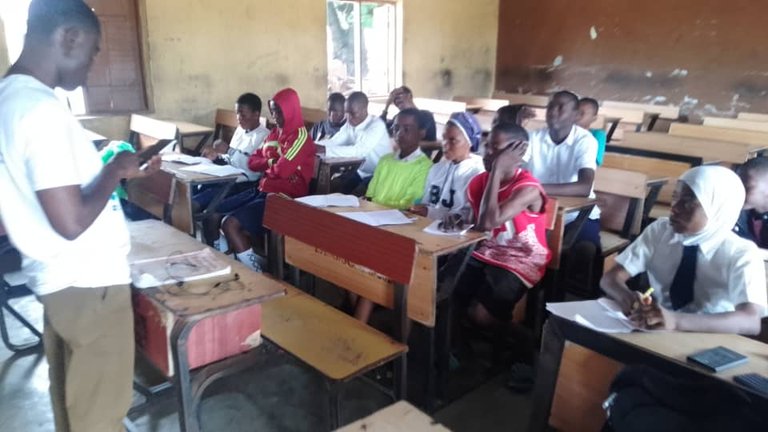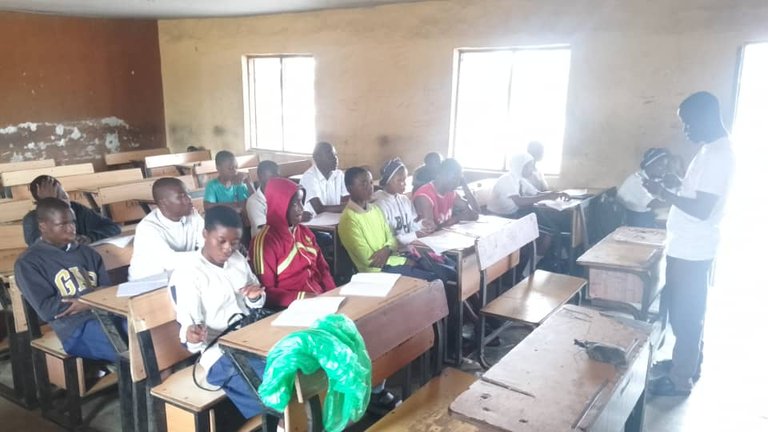Why Children Behave Differently and How We Can Help
Children are naturally different in how they behave, even at a young age. Some are confident, curious, and eager to explore new things, while others are more reserved, cautious, or hesitant. These differences can be influenced by personality, environment, and upbringing. As someone who works closely with children every day, I have learned that it is not always easy to predict how a child will turn out. Children grow, learn, and change constantly as they face new experiences and challenges.
A child’s behaviour is often shaped by their home environment. Children from supportive, caring homes tend to feel safe, respected, and motivated to learn, which often leads to positive behaviour. On the other hand, children from broken homes or backgrounds with neglect or lack of guidance may struggle with emotional regulation, discipline, or social interactions. This does not mean they can not succeed, but they may need more attention, understanding, and guidance from teachers and caregivers. Even in difficult circumstances, some children still behave well, demonstrating that resilience, values, and support can make a big difference.

In schools, the role of teachers and educationists goes beyond simply teaching subjects. Teachers have a responsibility to shape character, guide behaviour, and create an environment where children can grow both academically and emotionally. When students face challenges, whether personal or social, teachers can encourage them to be kind, patient, respectful, and to persevere even when things are difficult. Promoting a culture of empathy, respect, and support helps children understand the importance of treating others well and rejecting bullying in all its forms. By modelling these values and guiding children consistently, teachers can influence their students’ behaviour in a positive way.

Society also plays a critical role in raising children, especially in an African setting where the proverb “it takes a village to raise a child” is often true. In many communities, a child is not seen as the responsibility of only their biological parents. Neighbours, extended family members, teachers, and community leaders all contribute to guiding, correcting, and supporting a child. If a child misbehaves, anyone can step in to provide correction, advice, or guidance. This shared responsibility ensures that children receive multiple perspectives, reinforcement of values, and more opportunities to learn right from wrong.
Certain emotional traits often help children succeed later in life. Patience, perseverance, kindness, and adaptability are some qualities that, when nurtured, allow children to face challenges with resilience. Combined with the right guidance from teachers, parents, and the broader community, these traits can shape a child’s future in very positive ways. Education is not just about knowledge; it is about forming character, building confidence, and preparing children to be responsible, compassionate members of society. When teachers, families, and communities work together, children have a much better chance of growing into successful and well-rounded individuals.
Thanks for the support. I do really appreciate it.
❤️
From my experience as a university professor, I’ve seen that many of the habits and values students display in adulthood are formed in childhood. Curiosity, discipline, and perseverance help them adapt to academic challenges, while those from difficult backgrounds can excel through resilience and the support of mentors. At the university level, our role extends beyond teaching knowledge; we must also foster ethics, collaboration, and critical thinking, building on the work initiated by families and communities.
Wow! You're a college professor! It is cool having you around! I agree with you working on ethics, teamwork, and other personalities in improving the lives of our students.
Good content! Parents have more responsibility in shaping a child's behavior than teachers. Teachers will only do their job, but the most responsibility lies on parental upbringing. Cheers! My friend, I love reading your content.
I totally agree with you. This is exactly what I always talked about, parents are the first teachers, not everything a child can learn from school, but can at home.